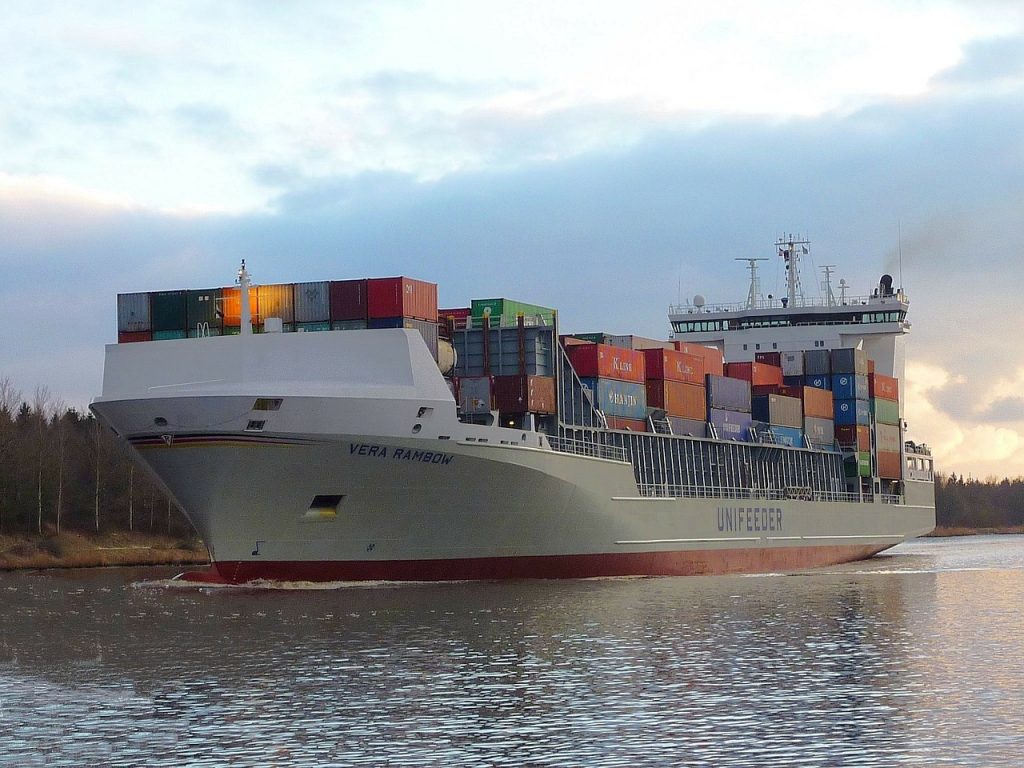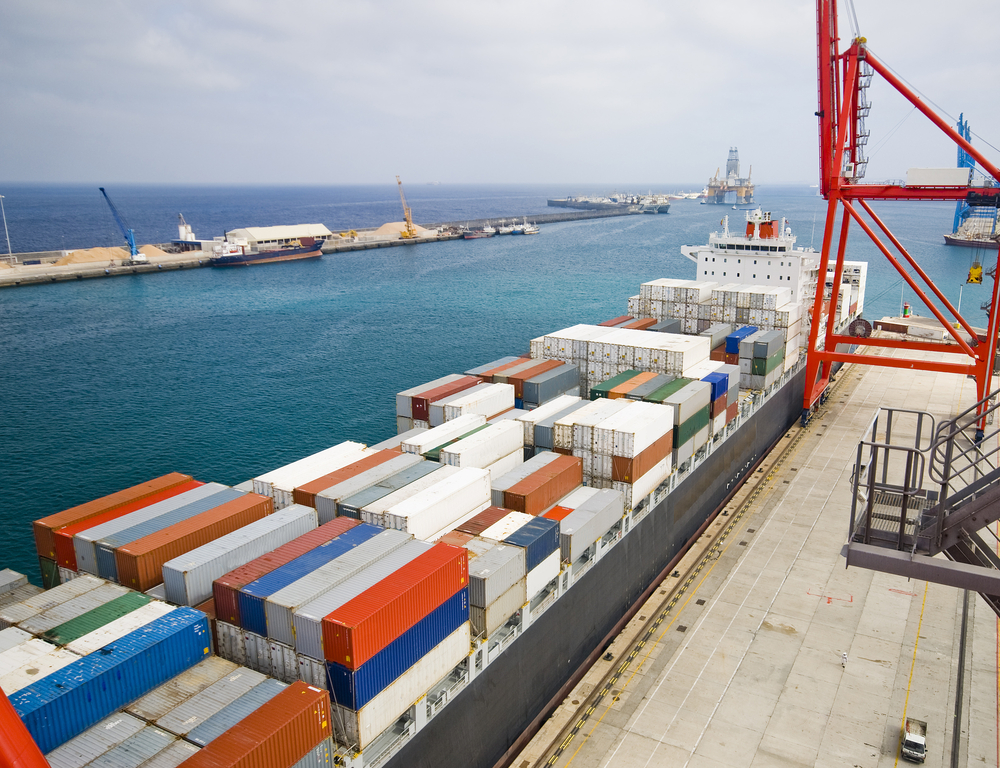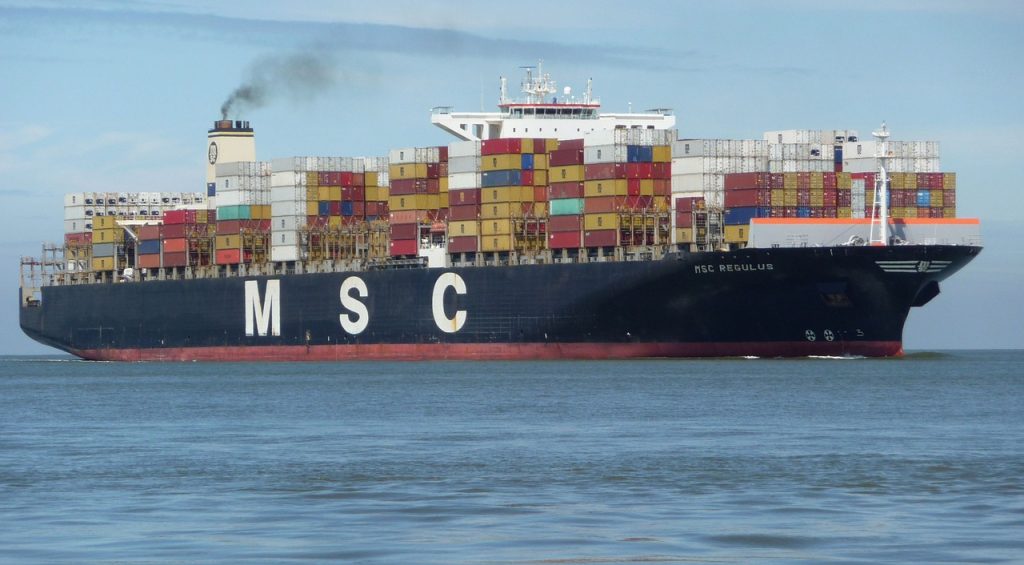How to Plan Your International Moving Budget: A Comprehensive Guide

When preparing for an international move, one of the most important aspects to tackle first is to plan your international moving budget. Moving across countries involves numerous variables that can significantly impact your expenses. Without careful budgeting, the costs can quickly spiral out of control, leaving you stressed and financially strained.
Understanding the breakdown of international moving costs and the factors influencing them will empower you to make informed decisions, avoid surprises, and make your relocation as smooth and affordable as possible. In this article, we will explore the key elements of international moving expenses and provide practical tips for effectively managing your budget.
What Influences International Moving Costs?
International moving costs are never fixed, as they depend on a variety of factors that influence the price of services and shipping. Here are the most critical components that determine how much your international move will cost:
Distance and Destination
The distance between your current location and your new international destination plays a major role in the total cost. Naturally, longer distances increase transportation expenses, whether your belongings are shipped by air or sea. Additionally, some destinations are more expensive to reach due to their remoteness or limited transport routes.
For example, moving to popular international hubs may cost less due to frequent shipping routes and more competitive pricing among movers. On the other hand, moving to a less accessible country or city may require additional logistics and surcharges.
Volume and Weight of Your Shipment
How much stuff you bring along directly affects the cost. Moving companies typically calculate fees based on the volume (cubic feet) or weight of your shipment. The more items you pack, the larger your shipment, the more space and resources it will take to transport, and the higher the price.
It’s advisable to declutter and downsize before your move by selling, donating, or disposing of items you don’t need. Reducing the size of your shipment can substantially cut your moving costs.

Choice of Shipping Method: Air vs. Sea Freight
Your preferred shipping method significantly impacts both your budget and timeline.
- Air Freight: This option is the fastest but also the most expensive. It’s usually chosen for urgent shipments or smaller loads. Expect air freight costs to be about 12 to 16 times higher than sea freight.
- Sea Freight: The more economical option for large shipments, sea freight takes longer often several weeks but is far more affordable. Many international movers offer shared container options to reduce costs further by splitting container space with other customers.
Selecting the right shipping method depends on your priorities, budget, and how quickly you need your belongings.
Miscellaneous Costs
Don’t forget to factor in other expenses such as visa application fees, travel costs to your new country, temporary accommodation, and possible quarantine fees (depending on your destination’s regulations). These can add up and should be included in your overall moving budget.
Average Cost Estimates for International Moves
Though prices vary greatly, here are rough averages for moving household goods internationally:
- One-bedroom apartment: $3,500 to $5,500
- Two-bedroom home: $5,000 to $7,500
- Three-bedroom home: $7,000 to $10,000
- Four-bedroom home or larger: $10,000 to $15,000+
These estimates include packing, transportation, customs clearance, and basic insurance, but costs will depend on the factors discussed above.

Tips for Planning Your International Moving Budget
To avoid unexpected costs and keep your move within budget, consider the following tips:
Start Early and Research
Begin planning at least 3 months in advance to get enough time for quotes, paperwork, and preparations. Early planning also lets you take advantage of off-peak moving times, which might be cheaper.
Get Multiple Quotes
Request detailed estimates from at least three international moving companies. Ensure quotes include all fees shipping, customs, insurance, packing, and taxes. Ask about hidden fees so you can compare accurately.
Declutter Before You Move
Take inventory and reduce your belongings. The smaller your shipment, the lower your cost.
Understand Customs Requirements
Research the customs policies of your destination country. Some goods might be prohibited or taxed heavily. Accurate and complete paperwork will avoid delays and fines.

Final Thoughts
International moving is a major financial and logistical undertaking, but with proper planning, you can minimize stress and control your expenses. By understanding the various factors affecting moving costs, exploring your options, and carefully managing your budget, you can ensure a smoother transition to your new home abroad.